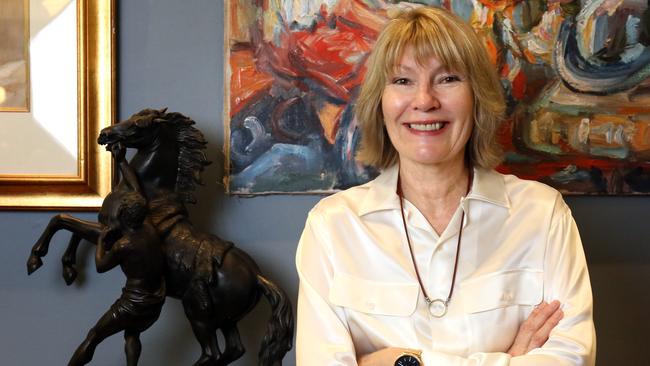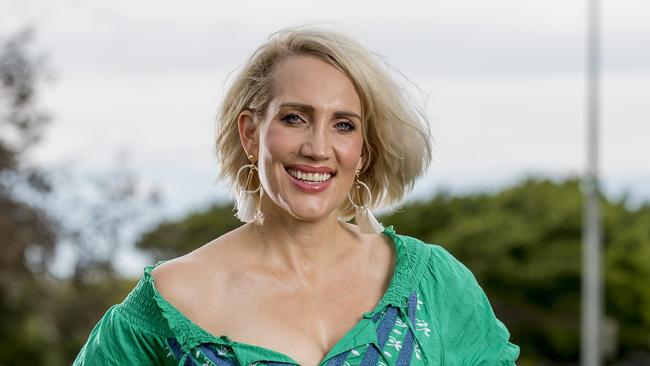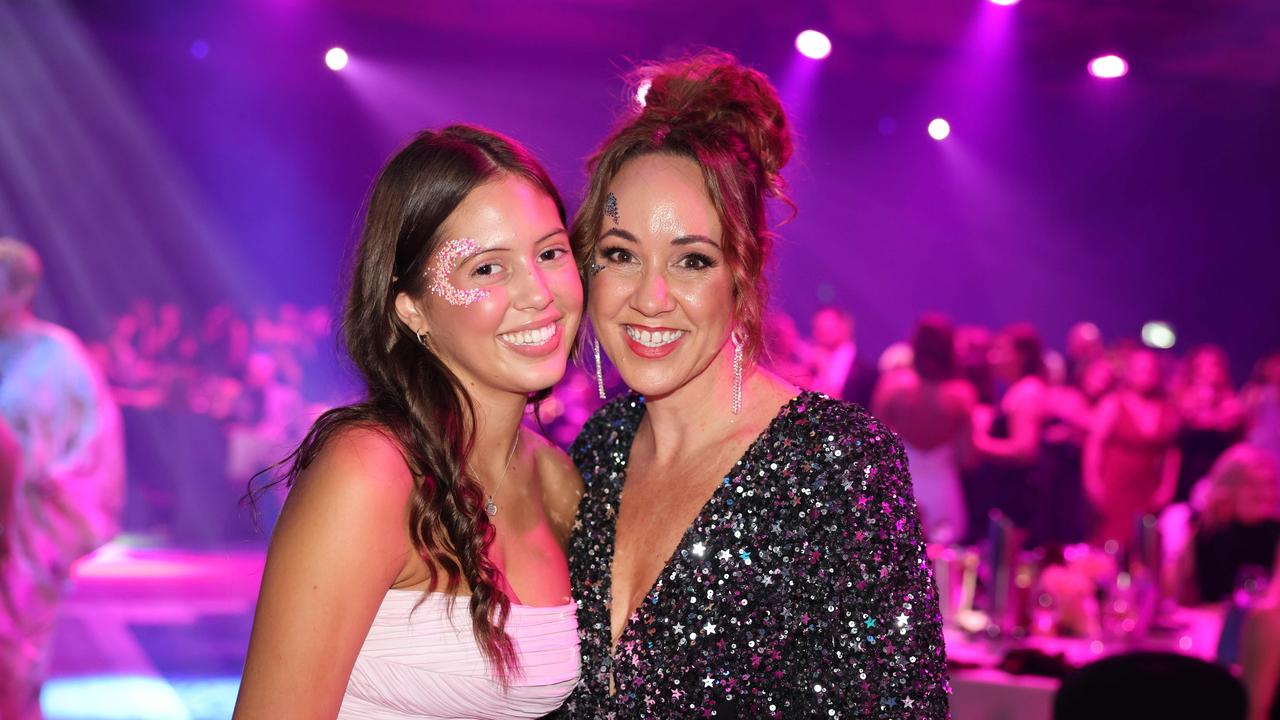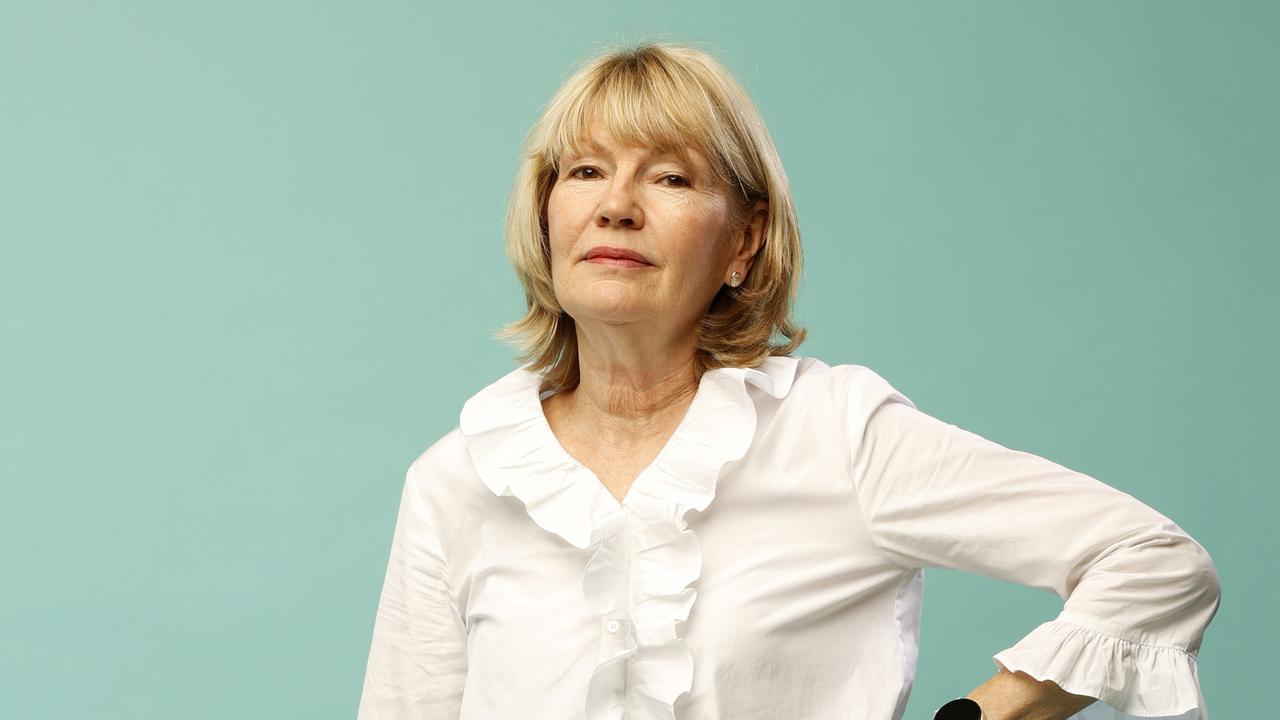Harvey Norman CEO Katie Page opens up about mother’s lifelong battle in exclusive interview
Harvey Norman CEO Katie Page has opened up about her mother’s lifelong battle and how it changed her life. LISTEN TO THE FULL PODCAST HERE
Women of the Year
Don't miss out on the headlines from Women of the Year. Followed categories will be added to My News.
HARVEY Norman CEO Katie Page has opened up about her mother’s lifelong battle with depression and how the illness changed the path of her life.
In an exclusive interview for the Gold Coast Bulletin podcast series Women of the Year, Ms Page also revealed her mother was one of the first in Australia to undergo shock therapy treatment.
“I think my life would have been totally different had my mother not gotten sick,” she says.
“She lived until she was 83 and she was a fabulous, wonderful mother but she suffered depression most of her life, this debilitating depression so dad had to do a lot of the caring,” she said.
LISTEN TO THE FULL PODCAST HERE

The daughter of a bank manager and the youngest of four girls, Ms Page has long been a champion of women and said protecting women’s interests started when she was little girl growing up in rural Queensland watching her mother battle depression.
She also credits her father for shaping the person she is today, who told his girls: “you girls can do whatever, I’ll always be supportive’’.
“It’s not just how my father was with me in my life, but it was also the influence of having a mother that was so sick at times from depression but seeing the strength that she had to get through this really dark time,” Ms Page said.
SUBSCRIBE TO THE GOLD COAST BULLETIN - JUST $1 FOR THE FIRST 28 DAYS
“She went through particularly tough times and being young, we were taught to recognise the signals of when she was going into these bad, dark times.
“In those days, they drugged them, they gave them shock treatment, they were ostracised and I remember mum really being considered by people ‘what’s wrong with that woman?’ rather than having the attitude, “how can we help this woman?’”

Ms Page said it was important for her sisters and her father, right up until the day he died, to ensure her mother was loved and cared for.
She said while attitudes towards depression had improved, there was still a lot of misunderstanding of around the illness.
“When you go through this, when any family goes through this, you’re more aware than others of the pain that people go through and it’s not their fault,” she said.
It’s an experience she shares with husband Gerry Harvey, whose mother also suffered from depression.
“Empathy is the most important thing to be able to realise what people are going through, to see the other side and under our banner we have 20,000 staff around the world, so you see lots of different instances of some really heartbreaking things of what’s happening out there,” she said.
“You can’t change them but you hope that you can help them to deal with it a bit better. The hardest thing is you can’t help everyone, that’s probably the toughest thing for Gerry and I.”


